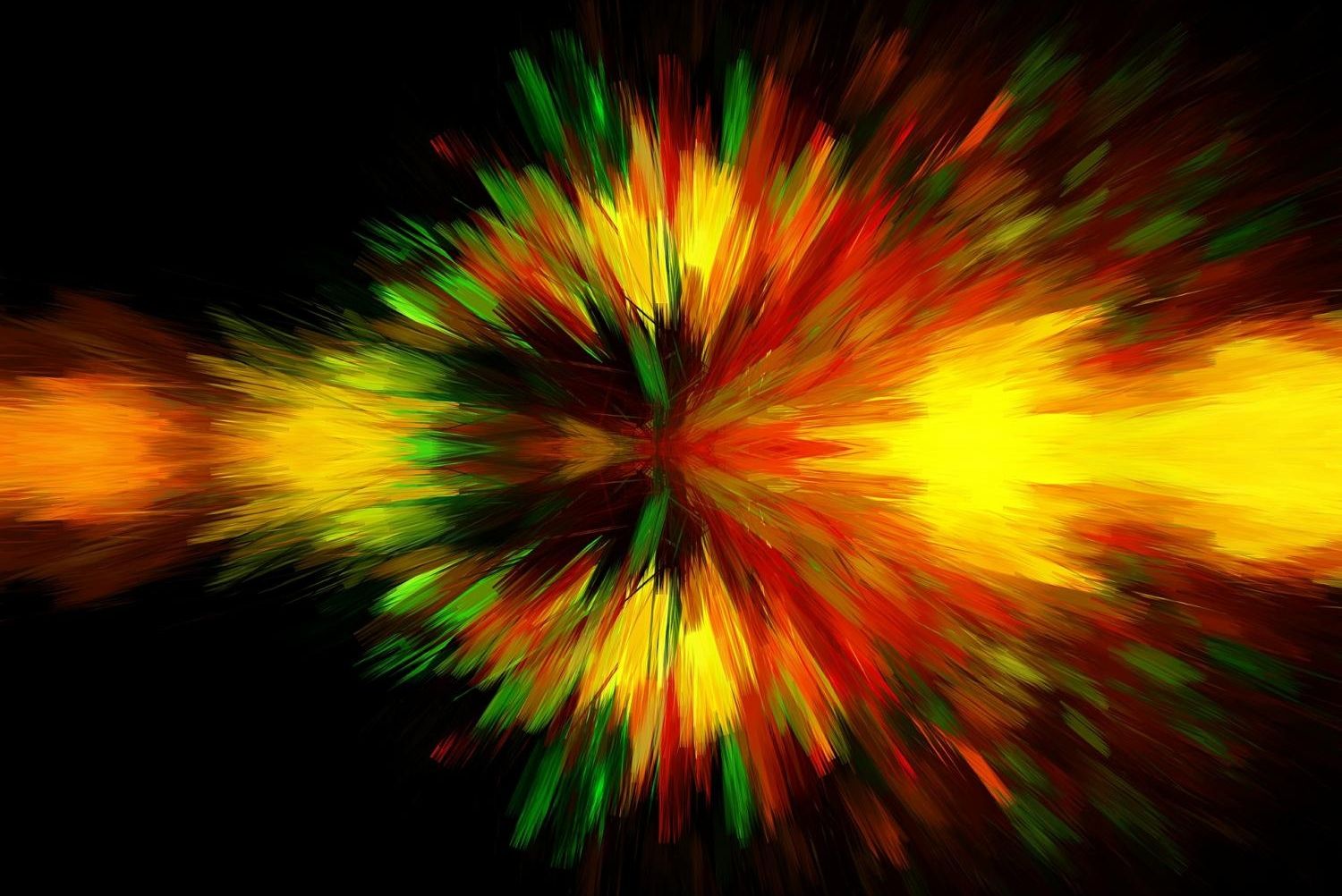Scientists have discovered a new mechanism involved in the creation of paired light particles, which could have significant impact on the study of quantum physics.
Researchers at the University of East Anglia (UEA) have shown that when photons — the fundamental particles of light — are created in pairs, they can emerge from different, rather than the same, location.
The ground-breaking research could have significant implications for quantum physics, the theoretical basis of modern physics. Until now, the general assumption was that such photon pairs necessarily originate from single points in space.
Read more
